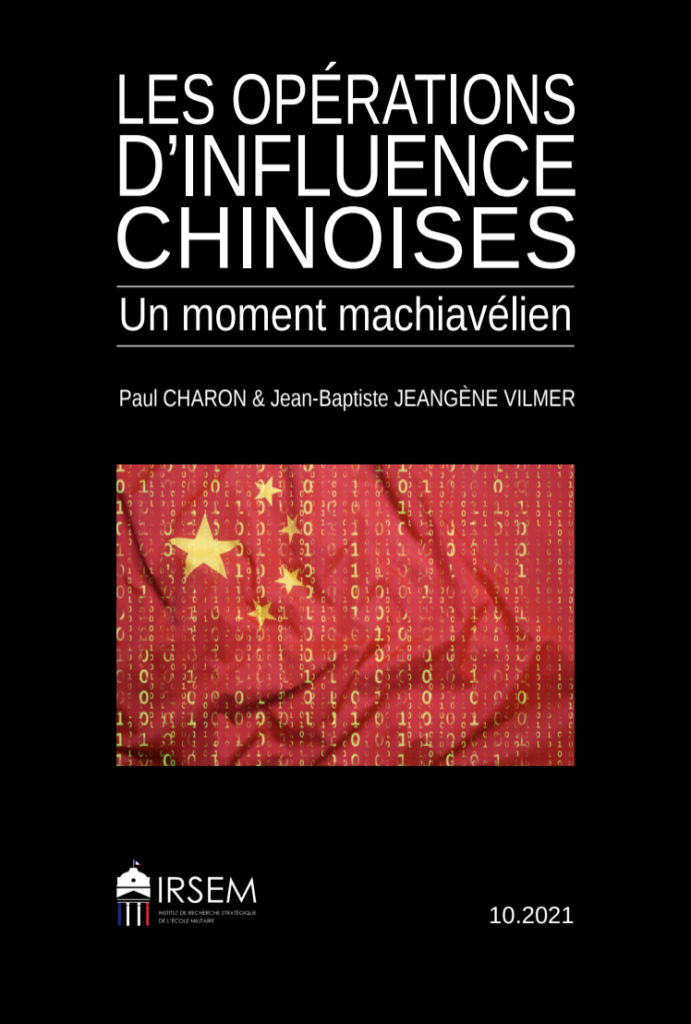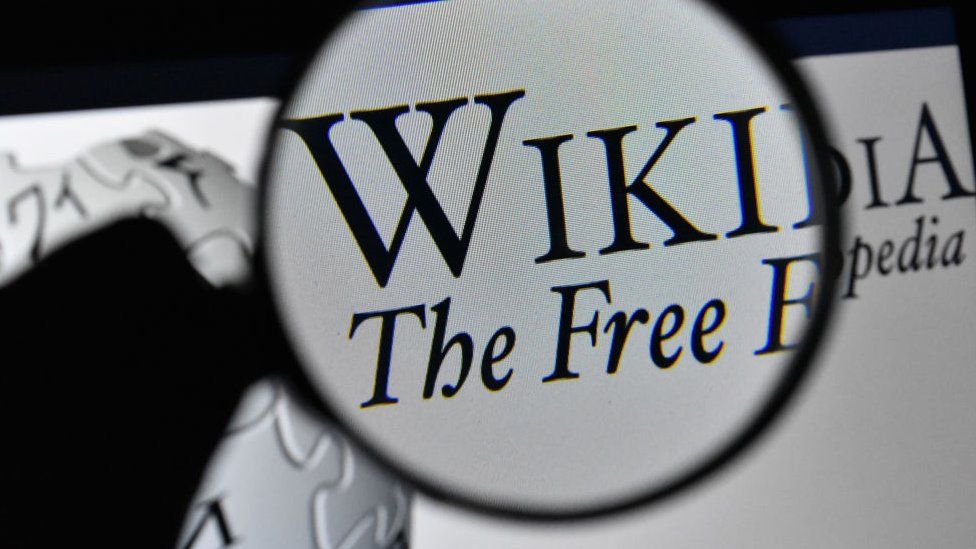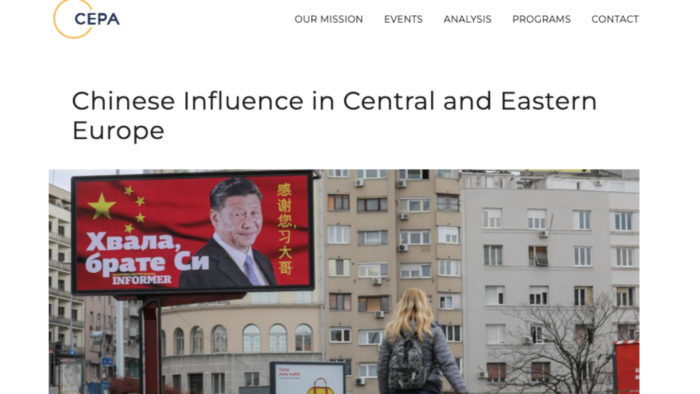The Strategic Research Institute of the French Military College (IRSEM), affiliated with the French military, has recently published a 654-pages study on global Chinese influence operations, arguing that they have become considerably tougher in recent years and more closely resembling Russian methods According to the IRSEM study:
January 2022 For a long time, it could be said that China, unlike Russia, sought to be loved rather than feared; that it wanted to seduce and project a positive image of itself in the world, or to inspire admiration. Today, Beijing has not renounced to seduce, nor its overall attractiveness and its ambition to shape international standards, and it is essential for the Chinese Communist Party not to lose face. And yet, Beijing is also increasingly comfortable with infiltration and coercion: its influence operations have become considerably tougher in recent years and its methods are resembling more closely the ones employed by Moscow. This is a “Machiavellian turn” inasmuch as the Party-State now seems to believe that “it is much safer to be feared than to be loved,” in the words of Machiavelli in The Prince. This is a clear Russification of Chinese influence operations.
This report delves into this evolution, with the ambition to cover the whole specter of influence, from the most benign (public diplomacy) to the most malign methods, that is, interference (clandestine activities). To do that, the report is divided into four parts: successively laying out the main concepts; the actors implementing these operations, including the Base 311 of the People’s Liberation Army; the actions conducted by Beijing toward the diasporas, the media, diplomacy, economy, politics, education, think tanks, and in terms of information manipulations – some levers among others; then, several cases are studied (Taiwan, Singapore, Sweden, Canada, the operations that targeted Hong Kong protestors in 2019, and the one that branded the Covid-19 as an American fabrication in 2020). The conclusion returns to this “Russification”, which has three components: Beijing is inspired by Moscow in several ways, there are obviously differences between the two, and there is also a certain degree of cooperation. Finally, the report assesses the effectiveness of this new Chinese posture, which can boast some tactical successes, but constitutes a strategic failure.
Read the full study here.
The study says Chinese influence operations have two primary and non-mutually exclusive objectives: To seduce and captivate foreign audiences and to infiltrate and coerce. According to the IRSEM study:
First, to seduce and captivate foreign audiences by crafting a positive representation of China, which can be illustrated by four specific narratives (the Chinese “model,” its tradition, benevolence, and strength); and then, and above all, to infiltrate and coerce. Infiltration aims at slowly penetrating the opposing societies to hamper the very possibility of an action contrary to the Party’s interests. Coercion corresponds to the progressive enlargement of the Chinese “punitive” or “coercive” diplomacy toward a policy of systematic sanctions against any state, organization, company, or individual that threatens the Party’s interests.
The study identifies the primary targets for Chinese influence operations as:
- Diasporas
- Media
- Diplomacy
- Economy
- Politics
- Education
- Think Tanks
- Culture
- Information Manipulation
The newly released IRSEM study is the English translation of the French-language version titled “Les Opérations D’Influence Chinois” and published last fall. The Global Influence Operations Report (GIOR) reported in October 2021 about the original study.









COMMENTS
Comments are closed here.